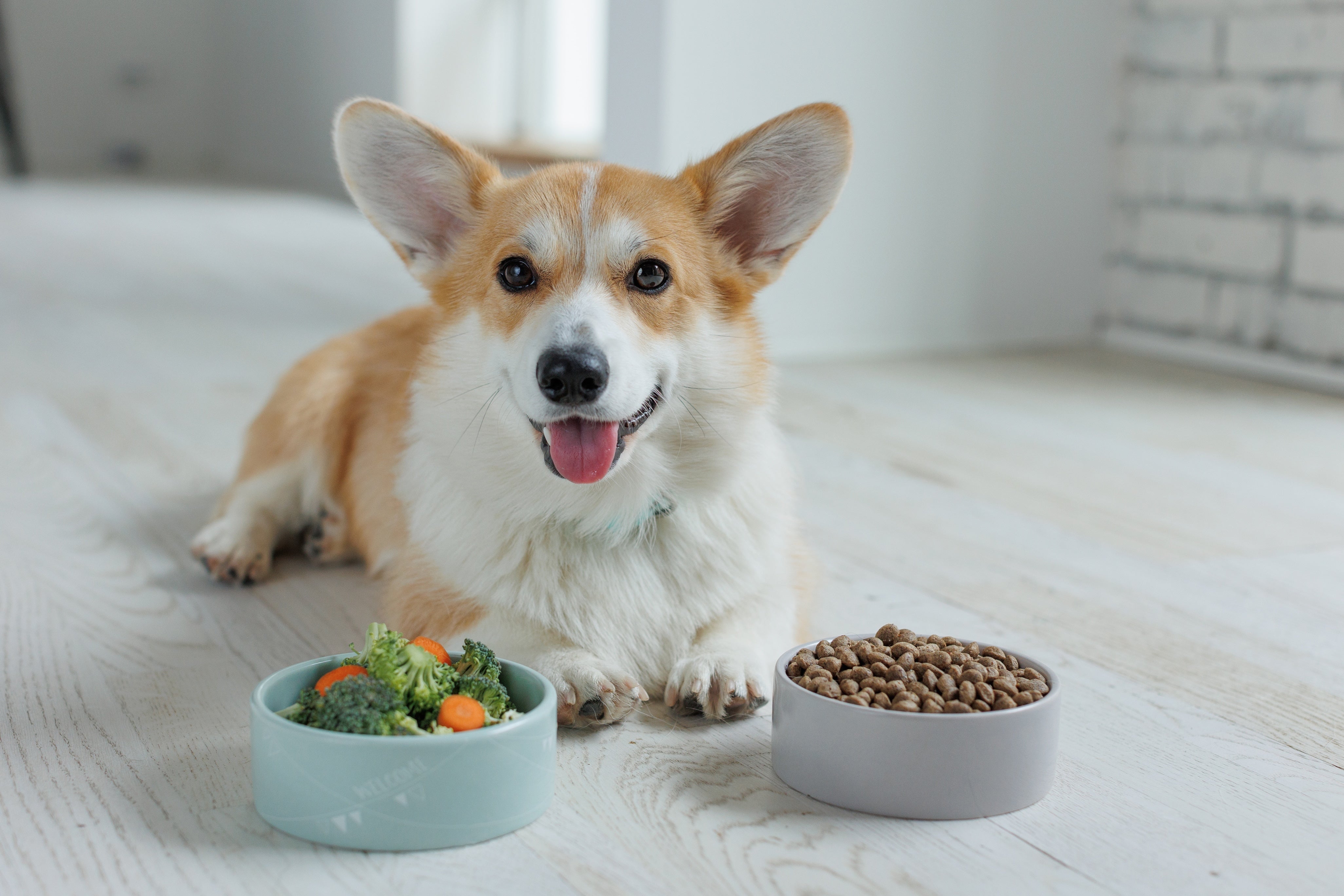
Why does my dog eat feces?
There are some things dogs definitely don't learn from their owners... As disgusting as eating feces is to humans, it's actually a fairly common habit among many animals, including dogs. What explains this behavior?
Coprophagia, a normal behavior?
Coprophagia is the act of consuming feces (one's own or that of others). This is a normal behavior in some herbivores (such as rabbits) that will eat their own feces to absorb valuable nutrients. The mother dog caring for her puppies will also eat their feces to ensure their cleanliness in the first few weeks.
Whether this behavior is normal or not, all dog owners agree that it is repulsive! If your dog is coprophagic (eating feces), first try to understand the cause of his behavior.
My dog is coprophagic! Is it dangerous?
Yes and no.
Generally, this does not pose a health risk to your dog (apart from bad breath ). However, there is a risk to your dog if he eats other animal feces as it may contain parasites.
However, it's best to identify the cause of your dog's coprophagia to determine if it's a sign of a more serious underlying health issue ! In any case, if you notice any changes in your dog's behavior or new habits, such as coprophagia, talk to your veterinarian.
Understanding the Causes: 15 Reasons Why Your Dog Eats Poop
There are different reasons why your dog eats feces, including behavioral and medical.
Enzyme deficiency
When dogs lived in the wild and caught their own prey for food, they ate it whole, including its digestive tract. This would have naturally stimulated the normal amount of digestive enzymes in their bodies.
Due to the modern, highly processed diet, there may be less than optimal amounts of enzymes present. This causes some indigestible food to pass through their digestive system and there is still some nutrients left in the feces that the dog may want to eat.
Dogs can create enzymes on their own, but they aren't always enough. So, if your dog tends to eat their own feces, you can try giving them enzyme supplements. Ensuring they're getting the right nutrients from their food will also help their overall health.
2. Exocrine pancreatic insufficiency (EPI)
EPI is a genetic disease also known as pancreatic insufficiency. Some young dogs develop it, but symptoms often appear later in life.
Dogs with EPI are unable to produce enough digestive enzymes in their digestive tract. They will need pancreatic enzymes every time they eat. Otherwise, they could quickly show symptoms of starvation with rapid and chronic weight loss and severe diarrhea. Dogs with EPI are voracious eaters and are prone to eating their feces.
3. Parasites
Intestinal parasites, such as worms, feed on your dog's food directly in his intestines. The amount of food stolen by worms can significantly reduce the amount your dog needs. If your dog is infected with worms, he must compete with these internal parasites for nutrients.
4. Conditions causing increased appetite
Certain conditions, such as diabetes and thyroid problems , can cause your dog to feel hungry, even if it isn't real. Medications such as steroids can also increase their appetite and encourage them to eat feces.
5. Stomach acid deficiency
Your dog may not be producing enough stomach acid. Veterinarian Roger DeHann attributes this to aging or a poor diet. Stomach acid is used to break down proteins. If your dog's body doesn't produce enough, they won't be able to digest their food. This means the food will simply pass through their digestive system without being properly absorbed. At this point, your dog may eat feces to find the missing nutrients. Mineral deficiencies can also be a cause of this behavior.
6. Malabsorption
Any condition that leads to poor nutrient absorption can cause dogs to eat feces. They may eat their own feces to obtain undigested nutrients or turn to another animal's feces to vary their diet.
7. Malnutrition
Dogs are creatures of habit and like to be respected. Make sure they get the right amount of food on a regular schedule. If they expect a meal but there's nothing for them at the appointed time, they're likely to look for other food sources... like poop!
8. Cleanliness
Considering female dogs cleaning up after their puppies by taking care of their own feces, this could also explain why other dogs try to keep their surroundings clean. By making sure you clean your house yourself, you can prevent your dog from taking on this task.
9. Puppies
Puppies are curious and love to explore. Don't be surprised if you see them taking a keen interest in a poop while out on walks. Rest assured, most puppies outgrow this habit as they get older, especially if you properly encourage them by diverting their attention and rewarding them.
10. Scavengers
Dogs are natural scavengers, and based on this diet, they are attracted to strong odors. The smell of other dogs' droppings, which may be eating different foods, can be very interesting for your dog.
11. Boredom
Dogs will always try to relieve their own boredom. If your dog is bored and there is feces nearby, he may use it for entertainment and a small snack. Offer him a variety of mentally and physically stimulating activities to keep him busy every day.
12. Attention seeking
Dogs sometimes want to create reactions. They engage in certain behaviors to get attention, that is, a positive or negative response.
13. Stress
Dogs experiencing stress may sometimes eat things they shouldn't. Eating feces can be a form of stress relief for your dog.
14. Environment
For example, dogs raised in stressful and bored environments , such as intensive breeding farms, are likely to adopt this behavior and make it a habit.
15. Punishment
Unless they've been trained, dogs don't know that pooping in the house is a bad habit. If they've been punished for relieving themselves in the house, they may force themselves to eat their poop next time to remove the "evidence."
My dog eats his poop! What should I do?
To stop your dog from eating its feces, it's important to try to understand why it's doing it. If you can identify the cause, it will be easier to fix it.
All in all, here are 5 tips to prevent your dog from eating his own poop (or even worse... other people's poop):
-
It is always advisable to consult your veterinarian if such behavior suddenly appears. Monitor your dog's health to rule out any medical causes (deficiencies, parasites, illness, etc.).
-
Choose a healthy, complete food made with high-quality foods that will provide him with all the nutrients he needs.
-
Make sure to provide a clean environment at all times (indoors and outdoors).
-
Provide ample time for mental and physical exercise to avoid periods of boredom.
-
When going out into a new environment where there might be temptations, keep him on a leash or draw his attention to something positive (a toy) or use the recall with a dog treat .
Remember that it's not life-threatening, although this behavior is repulsive. Also, most puppies tend to outgrow coprophagia as they get older (especially if they're well-attended).
Good luck!


